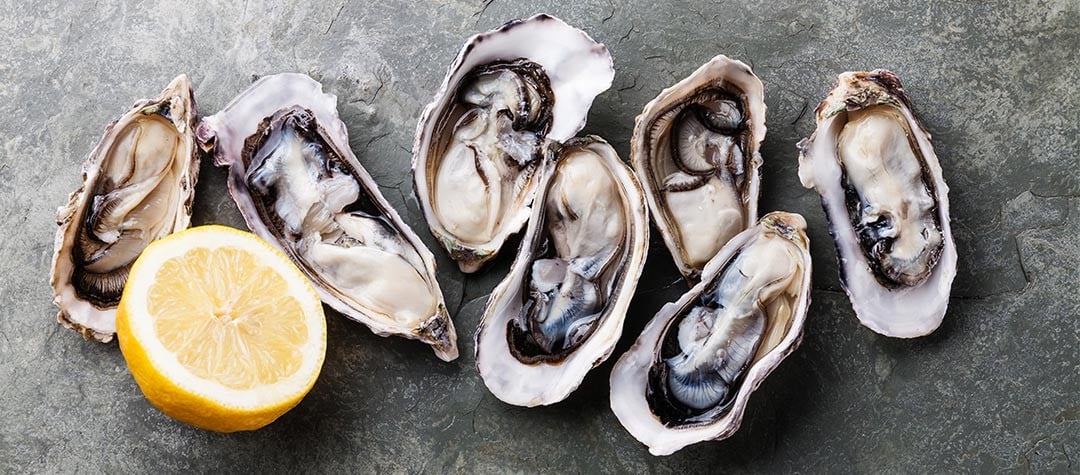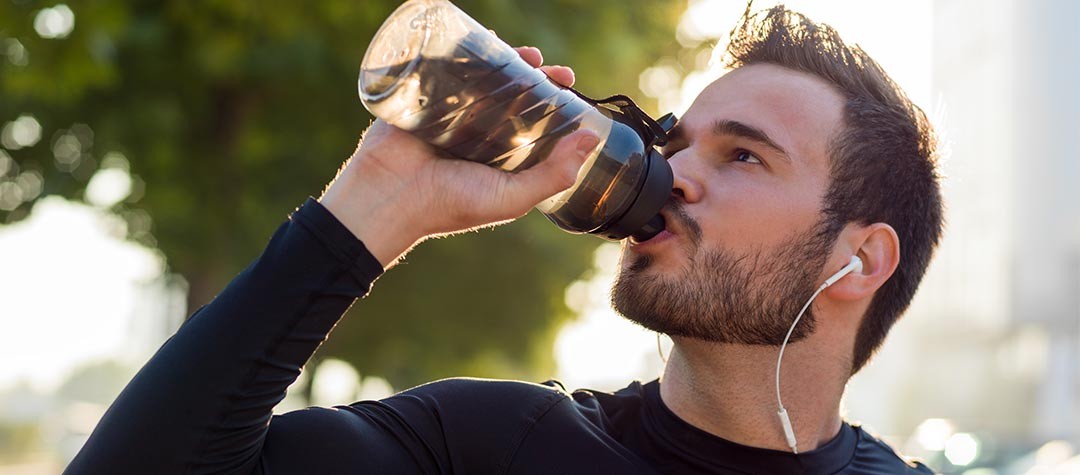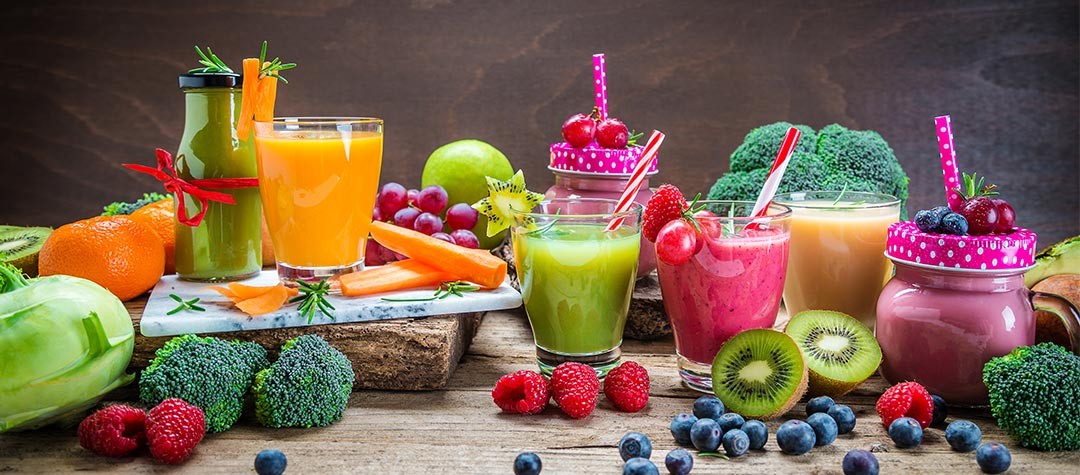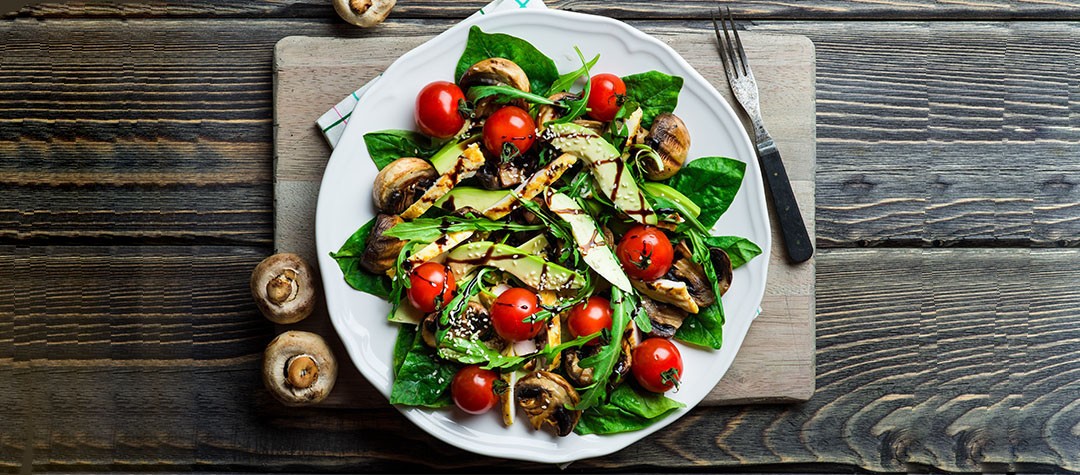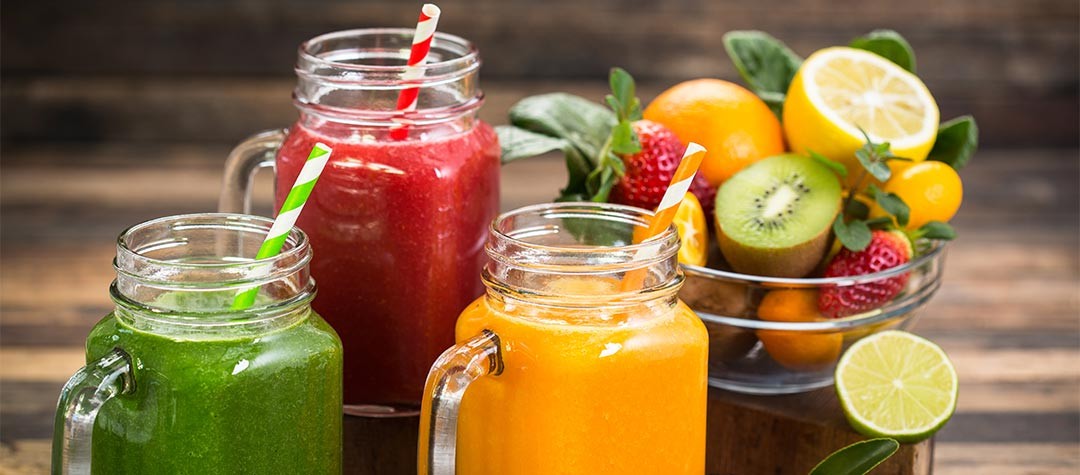Meat and fish are good sources of protein, but what is the importance of protein and how can you ensure you are getting enough?
This food group consists foods that are high in protein such as fish (oily, such as kippers, herrings, sardines, mackerel, salmon and trout; and white, such as cod, haddock and pollock), red meat (such as lamb, pork, beef) and poultry (such as chicken and turkey). It also includes alternatives such as pulses (kidney beans, lentils, chickpeas etc.), nuts and tofu for vegetarians.
Average protein consumption recommendations
It is recommended that the average person should eat 0.8 grams of protein for every kilogram that we weigh (or 0.36 grams for every pound). These recommendations amount to an average of 56 grams a day for adult males and 46 grams for adult females. It is advised that at least 10 per cent of your daily calories should come from protein, but no more than 35 per cent.
Protein consists of ‘building blocks’ called amino acids. There are 20 amino acids that protein is made up of, nine of these are known as ‘essential amino acids’ and the other 11 are known as ‘non-essential amino acids.’ Once protein has been eaten and digested, it is used in the body as a major component of every human cell. It is found in muscles, bones, hair and forms part of hormones and other essential substances.
Sources of protein
There are different types of protein, whey protein is the standard type and if you go into any health shop to buy protein powder, this will likely be the best seller. It can be digested quickly in the body and is therefore a good choice for before and after exercise. Casein protein is the primary source found in milk, this releases amino acids slowly and is therefore most commonly used in the morning or taken at night before sleep as it can help the body recover whilst at rest.
Not all of your daily protein should come from powdered forms, it is also important to get the nutrient from dietary sources too.
It goes without saying that not all of your daily protein should come from powdered forms, it is also important to get the nutrient from dietary sources too. Some of the best foods that contain protein are eggs (containing around 6g), milk, yoghurt, pork, chicken, turkey and fish. These forms of protein offer muscle building amino acids which are essential for everyday health, especially if you partake in regular exercise.
Fish is also a great source of protein and you should try to include at least two portions per week in your diet, including one oily fish. Fish is a great source of omega-3 fatty acids, which aid brain function, eye, heart and joint health.
Importance of protein for repair and recovery
Protein is an essential nutrient and is used by the body to build and repair muscle. It should be an large part of the diet for anyone who exercises, as muscles need protein to recover. After exercise, it is recommended that a portion (15-25 g) of protein is consumed within 30 minutes. Some people chose to take in a protein shake soon after exercise as this is a quick and easy way to give the body the protein it needs for recovery.
After exercise, it is recommended that a portion (15-25 g) of protein is consumed within 30 minutes.
A lack of protein in the diet means that the body uses up its own stores in the muscles. This can happen in some low calorie, weight-reducing diets. When more protein is consumed than is needed it is used as a source of calories, therefore it can lead to weight gain.
For vegetarians and vegans, it can sometimes be a little more difficult to get quality protein in their diet. Plant based proteins are often lower in essential amino acids however, foods such as lentils, chickpeas, black beans, nuts, quinoa and tofu do all contain protein so if you are following a vegetarian or vegan diet, it is important that you include these foods in your diet to ensure you are still getting the essential nutrient.










